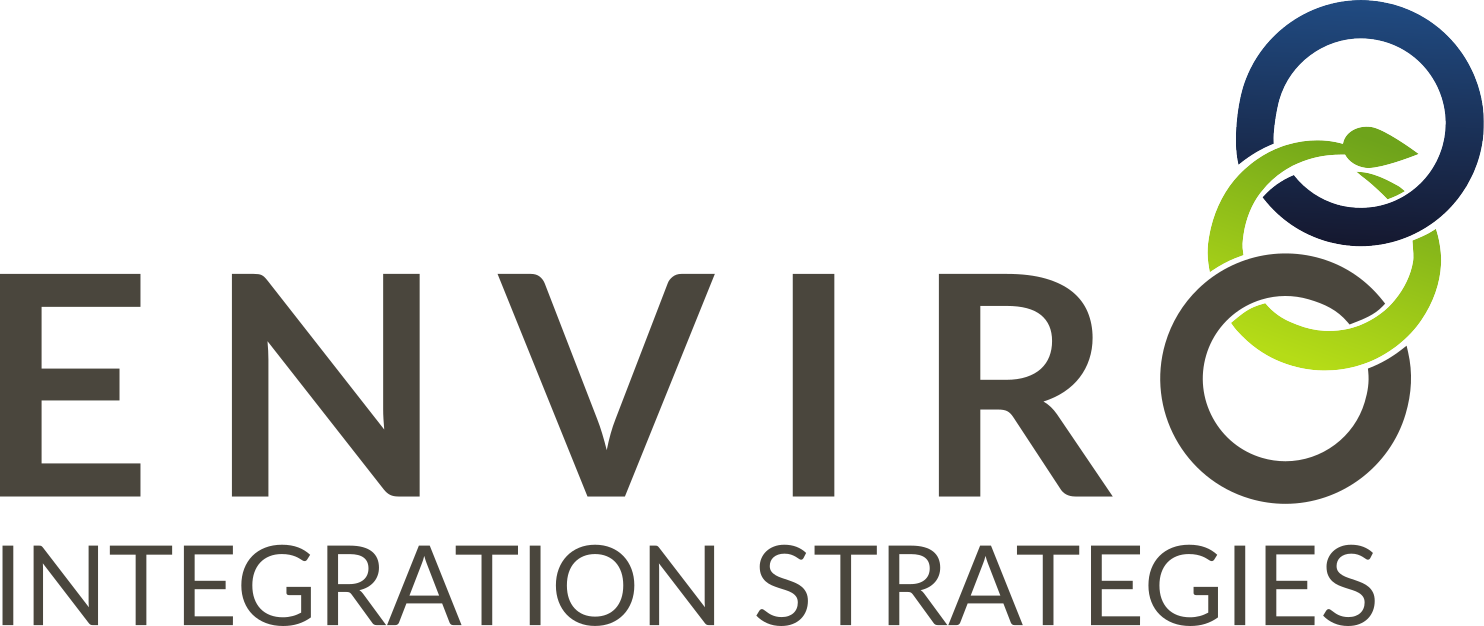Change
Seth Godin's new book "What to Do When it's Your Turn" provokes internal debate around how things are typically perceived, and how we might alternatively flip that around in order to actually move forward and do something with it. He writes,
"Usually when we say "it's your turn," we mean that it's your turn to be picked, to be the next one, the person who fits in more than any other. The next pop star on the cover of Seventeen, the next news anchor, the next plant manager. Or the next customer at the deli. This is the model in which you wait for change to happen to you.
Another model of "your turn," though, is the model of the person who makes change. We seek the change that is interesting, the change for the better, and most of all, the change that connects us to someone else. This is the freedom to make change, and the willingness to seek out the tension it brings."
This resonated with me because reading it made me realize that it wasn't so long ago that I was waiting for change to happen to me. Even though I have been working to influence and make change in business for a number of years, I was not doing so for myself. I was waiting - for recognition, for promotion, for success to be realized when others chose to make it so.
As it so happens, I said STOP. Enough. I realized that I needed to take control over my own destiny, and that I wouldn't make progress with my endeavours until I did - so I've now made that shift. I've made changes for myself, and I'm helping others do so too - helping others in industry take a lead, improve their practices and their environmental performance; and helping local stakeholders play a part in industry decisions that might impact them and their natural resources - so that our earth and our future generations will be long-lived, healthy and balanced - sustainable for all.
Because here's the thing - I believe there is a solution for everything - there is no can't. We just haven't tried, or we haven't tried hard enough. And there is no failure - what others might call "failures," are not - they are merely steps on the path to success. Every step provides new data, adjusts and corrects our course, moves us closer to reaching our targets, and if we keep taking those steps, we will get there. Others have said that the term, "failure is not an option" can mean two things which I wholeheartedly agree with:
1. We need to keep trying until we solve our challenges, and
2. We will have "failures" along the way - and we'll learn from those "mis-takes."
Because the only way to truly fail is to never try in the first place.
Nature has endured centuries of change, of impacts to its balance, and found ways to adapt and evolve (through processes of trial and error, learning) - if nature can do it, why can't we? Our understanding of natural systems, how ecosystem components inter-relate, what causes impacts and what doesn't, and technological development targeted at lessening impacts, have increased dramatically in the past few decades, and work continues in these areas every day. Information sharing around the globe is no longer a barrier and we can learn from each other, and from past mistakes.
We can all be putting our heads together to solve our current challenges and prevent new ones from occurring. So I invite you to take your turn and help make change happen - make that choice.
Leave a comment or two. Do you think such change is possible? What can you do?
